






5-Star Service, Trusted & Loved by Hundreds
Your Appraiser Search Ends Here
Your Appraiser Search Ends Here
.avif)

Nationwide Coverage – Appraisals Anywhere in the US

Get it done Onsite or Online

Any Asset, Covered

Defensible for Any Purpose
Frequently Asked
Questions
No Frequently Asked Questions Found.
Damage claims serve as a critical mechanism for addressing unexpected financial burdens across multiple contexts. They typically arise in scenarios involving property destruction, personal injury, business interruption, or liability issues. The core purpose is to restore the affected party to their financial position prior to the damaging event.
The complexity of damage claims varies depending on the specific circumstances. Some may involve straightforward property repairs, while others require extensive investigation and expert assessment. Key components include thorough documentation, precise damage evaluation, and strategic negotiation to achieve fair compensation.
Successful damage claims depend on several fundamental elements: comprehensive evidence gathering, timely reporting, professional damage assessment, and clear communication between all involved parties. Claimants must be prepared to provide detailed documentation, including photographs, repair estimates, medical records, and incident reports.
Different types of damage claims exist, each with unique characteristics. Property damage claims address physical asset destruction, automobile claims cover vehicle-related losses, liability claims handle negligence-induced damages, and business interruption claims compensate for operational disruptions.
The claim process typically follows a structured approach: initial documentation, formal notification, professional damage assessment, negotiation, and final resolution. Each stage requires careful attention to detail and strategic approach to maximize potential compensation.
Understanding the nuanced nature of damage claims empowers individuals and businesses to navigate complex compensation scenarios effectively, ensuring fair treatment and financial protection in challenging circumstances.
A professional appraisal establishes a precise monetary value for damaged property, offering a comprehensive assessment that goes beyond subjective estimations. By meticulously documenting the extent and financial impact of damage, an appraisal creates a robust foundation for your claim.
Accredited appraisers bring specialized expertise to the evaluation, analyzing intricate details that untrained individuals might overlook. Their objective assessment considers multiple factors including market conditions, comparable property values, and specific damage characteristics. This professional approach ensures a fair and accurate representation of the property's true value.
Documentation from a professional appraisal becomes a powerful tool when negotiating with insurance providers. The detailed report serves as compelling evidence, substantiating the extent of damages and providing a clear, quantifiable basis for compensation. This documentation can significantly expedite the claims process and minimize potential disputes.
The appraisal also provides claimants with confidence and clarity during what can often be a stressful experience. By presenting a comprehensive, expert-level analysis, individuals can approach insurance negotiations with greater assurance and strategic insight.
Moreover, a professional appraisal strengthens a claimant's negotiating position. The rigorous, well-documented evaluation makes it considerably more challenging for insurance companies to undervalue or dismiss legitimate claims. This approach ultimately increases the likelihood of receiving fair and appropriate compensation.
Professional appraisers conduct an in-depth examination that considers several key elements: equipment age, operational condition, accumulated usage hours, specific brand and model characteristics, and current market dynamics. Each factor is carefully weighted to generate an accurate representation of the asset's true worth.
The appraisal process begins with a detailed physical inspection, where experts methodically evaluate the equipment's structural integrity, mechanical functionality, and overall performance potential. Maintenance records play a crucial role, offering insights into the equipment's historical care and potential longevity. Well-maintained machinery typically commands a higher valuation, reflecting the diligence of its previous owners.
Comparative market analysis forms another cornerstone of the appraisal methodology. Appraisers cross-reference the equipment against recent sales of similar machinery, ensuring the valuation reflects current market conditions and industry trends. This approach provides a nuanced, data-driven perspective that goes beyond surface-level assessments.
Different sectors leverage construction equipment appraisals for varied purposes. Contractors use these evaluations to make strategic decisions about equipment acquisition or disposition. Financial institutions rely on precise valuations to assess lending risks and determine appropriate financing terms. Rental companies depend on these assessments for fleet management and insurance purposes.
Ultimately, a construction equipment appraisal represents a complex intersection of technical expertise, market knowledge, and financial analysis. It provides stakeholders with a reliable, objective assessment that supports informed decision-making in an ever-evolving industry landscape.
Detailed digital assessments typically involve clients submitting high-quality photographs and comprehensive equipment specifications. Appraisers carefully analyze these submitted materials, examining equipment condition, age, operational history, and market comparability factors. This method allows for precise evaluation without requiring physical presence.
Interactive online appraisal options have expanded, leveraging video conferencing platforms like Zoom, Google Meet, and Skype. These live sessions enable real-time equipment examination, allowing appraisers to request specific angles, discuss unique features, and conduct thorough visual inspections with clients.
The digital appraisal process offers significant advantages, including dramatically reduced turnaround times and elimination of geographical constraints. Clients can receive professional assessments quickly and conveniently, without scheduling complex in-person meetings or incurring additional travel expenses.
Modern appraisal techniques incorporate advanced technological tools and professional expertise to deliver accurate, reliable equipment valuations. By combining detailed documentation, visual evidence, and professional analysis, online construction equipment appraisals provide comprehensive insights that meet industry standards and client expectations.
Certified general appraisers offer the broadest expertise, holding comprehensive licenses that enable them to assess virtually any type of heavy machinery. Their deep market knowledge allows for nuanced valuations of complex and high-value equipment, making them invaluable for comprehensive assessments.
Licensed equipment appraisers focus specifically on machinery valuation, developing deep expertise in construction equipment like excavators, bulldozers, and cranes. Their specialized knowledge ensures precise evaluations that account for industry-specific factors, regulatory compliance, and detailed condition assessments.
Industrial appraisers bring a strategic perspective, examining equipment within the broader context of manufacturing and construction operations. They excel at understanding how machinery integrates into industrial ecosystems, providing holistic valuations that consider operational capabilities and market positioning.
Cost approach appraisers utilize a methodical replacement value strategy, calculating equipment worth based on reproduction costs and accounting for depreciation. This approach proves particularly effective for new or unique machinery, offering a scientific basis for valuation.
Market approach appraisers leverage comparative sales data, analyzing recent transactions to determine fair market value. By examining factors like age, condition, and brand reputation, they provide insights that reflect current market dynamics and competitive pricing trends.
Auction appraisers specialize in evaluating equipment within the unique context of sales environments. Their expertise in predicting auction performance helps buyers and sellers understand potential market values, drawing from historical sales data and current industry trends.
Selecting the right appraiser depends on specific assessment needs, equipment type, and valuation objectives. Understanding these professional distinctions empowers businesses and individuals to make informed decisions about their construction equipment assets.
Financial decision-makers rely on equipment appraisals to understand the true economic landscape of their assets. By establishing precise market values, companies can make informed choices about equipment maintenance, replacement, and potential divestiture. These evaluations capture nuanced details about depreciation, current market conditions, and potential future value trajectories.
Insurance and risk management represent another crucial dimension of equipment appraisals. Accurate valuations ensure appropriate coverage levels, protecting organizations from potential financial vulnerabilities in case of unexpected equipment loss or damage. This proactive approach mitigates potential economic disruptions and provides a clear framework for claims processes.
Lending institutions and financial partners frequently require professional equipment appraisals when considering financing or leasing arrangements. A comprehensive, objective assessment provides credibility and transparency, potentially securing more favorable lending terms and demonstrating the organization's financial sophistication.
Tax planning and compliance represent additional significant benefits of professional equipment appraisals. Whether addressing charitable donations, estate planning, or annual tax reporting, precise valuations help organizations maximize potential tax advantages while maintaining regulatory adherence.
Strategic asset management emerges as a fundamental outcome of regular equipment appraisals. By tracking equipment value over time, businesses can develop more intelligent procurement strategies, anticipate replacement cycles, and optimize their capital investment approaches.
Ultimately, construction equipment appraisals transcend simple monetary calculations. They represent a holistic tool for financial strategy, risk management, and organizational planning, enabling more sophisticated and informed decision-making across multiple business dimensions.
What Makes Construction Equipment Appraisal Critical for Damage Claims?
When filing damage claims for construction equipment, an accurate appraisal is critical to understanding the true financial impact of equipment damage. The appraisal process provides a comprehensive evaluation of the equipment's value, considering multiple key factors that influence its current market worth.
Critical Components of Construction Equipment Appraisal
A professional appraisal serves several essential purposes in the damage claim process:
- Establishing Fair Market Value: Determines the precise value of equipment at the time of damage, ensuring accurate compensation
- Comprehensive Documentation: Provides detailed evidence for insurance companies to assess and process claims efficiently
- Objective Condition Assessment: Professionally evaluates equipment condition, usage history, and potential depreciation
Key Reasons for Precise Equipment Appraisal
- Accurate Insurance Settlement
A professional appraisal ensures that insurance settlements reflect the true current value of damaged equipment, preventing potential financial losses for the business.
- Depreciation Understanding
Appraisals provide clear insights into how equipment value changes over time, accounting for factors like usage, age, and market conditions.
- Risk Management
Comprehensive appraisals help businesses manage financial risks by providing an accurate representation of equipment value for insurance coverage.
Strategic Benefits of Professional Equipment Appraisal
Beyond claim resolution, equipment appraisals offer strategic advantages for construction businesses, including:
- Informed decision-making about equipment repair or replacement
- Clear understanding of asset value for financial planning
- Detailed documentation for potential future transactions
Professional equipment appraisals are more than administrative procedures—they are critical financial tools that protect businesses' interests and provide clarity during complex damage claim processes.
The Economic Impact of Accurate Equipment Valuation
Understanding the Financial Implications of Precise Equipment Valuation
Accurate equipment valuation is a critical financial strategy in the construction industry, with far-reaching consequences for operational efficiency and economic stability.
Key Economic Benefits of Precise Equipment Appraisal
- Insurance Claim Optimization
Precise valuations ensure fair compensation during damage or loss scenarios, preventing financial shortfalls and protecting company assets. - Strategic Asset Management
Accurate appraisals enable informed decision-making for equipment acquisition, disposal, and investment strategies. - Cost Control and Budget Management
Detailed equipment valuations support more accurate project planning, reducing the risk of unexpected expenses and budget overruns.
Financial Impact Breakdown
- Insurance Claims Precision
Correct equipment valuation prevents:- Undercompensation during claim settlements
- Excessive insurance premium payments
- Potential financial vulnerabilities
- Investment Strategy Optimization
Enables companies to:- Align equipment purchases with actual business needs
- Minimize unnecessary capital expenditures
- Make data-driven investment decisions
- Operational Efficiency
Supports:- Strategic maintenance scheduling
- Timely equipment upgrades
- Proactive asset lifecycle management
Long-Term Financial Considerations
Comprehensive equipment valuation transcends immediate financial assessments. It represents a strategic approach to managing valuable assets, ultimately contributing to sustainable business growth and operational resilience in the dynamic construction industry.
By implementing rigorous and accurate appraisal methodologies, construction firms can transform equipment valuation from a routine administrative task into a powerful financial management tool.
Which Construction Equipment Requires Specialized Appraisal?
Categories of Construction Equipment Requiring Specialized Appraisal
Construction equipment varies significantly in complexity, operational requirements, and potential damage scenarios. Understanding which machinery demands expert appraisal is crucial for accurate damage assessment and claims processing.
Heavy Machinery Requiring Detailed Assessment
- Excavators: Require comprehensive evaluation due to:
- Complex hydraulic system analysis
- Comprehensive attachment condition assessment
- Precise mechanical component diagnostics
- Bulldozers: Need expert appraisal focusing on:
- Track wear and alignment
- Engine performance evaluation
- Blade structural integrity
Crane Appraisal Complexities
- Tower Cranes: Demand specialized assessment considering:
- Load capacity verification
- Structural stability
- Transportation and installation impact
- Mobile Cranes: Require nuanced evaluation based on:
- Configuration specifics
- Comprehensive service history
- Model-specific value determinants
Earthmoving Equipment Evaluation
- Graders: Critical assessment focuses on:
- Blade precision and wear
- Alignment mechanisms
- Hydraulic system functionality
- Rollers: Specialized appraisal involves:
- Compaction effectiveness
- Hydraulic system condition
- Structural integrity
Advanced Specialized Equipment
- Pavers: Comprehensive evaluation includes:
- Operational performance
- Material distribution capabilities
- Mechanical system assessment
- Telehandlers: Thorough appraisal considers:
- Mechanical condition
- Operational versatility
- Attachment compatibility
Engaging a qualified appraiser with specialized knowledge becomes essential when addressing construction equipment with intricate components, significant value, or unique operational characteristics. A meticulous appraisal process ensures accurate damage valuation and provides crucial insights for insurance claims and potential equipment replacement or sale.
Key Determinants of Equipment Value in Damage Scenarios
Key Factors Influencing Construction Equipment Valuation in Damage Claims
Understanding the critical determinants of equipment value during damage scenarios is essential for accurate appraisals and successful damage claims. Multiple interconnected factors significantly impact the overall equipment valuation.
1. Equipment Condition
The current state of the equipment is paramount in determining its value. Assessors comprehensively evaluate:
- Aesthetic appearance
- Functional performance
- Visible wear and tear
- Mechanical integrity
- Cosmetic damages
2. Age and Equipment Model
Equipment age critically influences market value through several dimensions:
- Newer models typically command higher prices
- Advanced technology and efficiency features
- Potential technological obsolescence in older equipment
- Reduced performance capabilities of aging machinery
3. Market Demand Dynamics
Market conditions significantly impact equipment valuation, including:
- Current industry trends
- Seasonal equipment requirements
- Overall economic conditions
- Regional infrastructure development
4. Comprehensive Maintenance Records
Maintenance history serves as a critical value indicator:
- Regular professional inspections
- Documented repair and service history
- Proof of operational reliability
- Evidence of proactive equipment management
5. Operational Usage Hours
Machine operational hours directly correlate with equipment value:
- Lower usage hours indicate reduced wear
- Suggests longer potential equipment lifespan
- Implies less stress on mechanical components
- Higher residual market value
6. Precise Replacement Cost Analysis
Replacement costs are fundamental in damage claim evaluations:
- Market pricing for equivalent equipment
- Condition-adjusted replacement values
- Comprehensive cost assessment
- Fair settlement negotiation basis
By meticulously assessing these interconnected factors, professional appraisers can provide comprehensive and accurate equipment valuations, ensuring fair compensation in damage claim scenarios.
Navigating the Professional Appraisal Process: Step by Step
Professional Appraisal Process: A Comprehensive Guide
Navigating the professional appraisal process for construction equipment damage claims requires a strategic and methodical approach. By understanding each critical stage, stakeholders can ensure a thorough and accurate evaluation.
Step 1: Initial Consultation
The appraisal journey begins with a comprehensive initial consultation. Key elements include:
- Gathering detailed equipment information
- Documenting specific damage characteristics
- Collecting critical background data such as:
- Equipment make and model
- Age of equipment
- Usage history
- Maintenance records
Step 2: Detailed Site Inspection
A hands-on, meticulous site inspection follows the initial consultation. This critical phase involves:
- Physical examination of damaged equipment
- Comprehensive condition assessment
- Systematic damage documentation
- Professional photography and note-taking
- Objective evaluation of equipment's current state
Step 3: Rigorous Research and Analysis
After the site inspection, appraisers conduct in-depth research to establish accurate valuation:
- Review historical sales data
- Analyze comparable equipment values
- Assess current market trends
- Evaluate equipment depreciation
- Determine fair market value
Step 4: Comprehensive Report Preparation
The appraisal report serves as a critical documentation tool. It typically includes:
- Detailed evaluation methodology
- Site inspection findings
- Calculated equipment value
- Photographic evidence
- Professional recommendations
Step 5: Professional Follow-Up
The final stage ensures clear communication and understanding:
- Comprehensive report review
- Addressing client questions
- Explaining valuation nuances
- Providing clarity on claim implications
By methodically following these steps, stakeholders can successfully navigate the complex landscape of construction equipment damage claims, ensuring fair and accurate assessments.
How to Select a Qualified Equipment Appraiser
Selecting a Qualified Equipment Appraiser
Choosing the right equipment appraiser is crucial for obtaining an accurate and reliable assessment for your damage claim. Here are the essential criteria to guide your selection:
1. Credentials and Expertise
- Prioritize appraisers with recognized certifications from professional organizations, such as:
- American Society of Appraisers (ASA)
- Accredited Appraiser Specialist (AAS)
- Industry-specific professional credentials
- Assess the appraiser's specialized experience in construction equipment valuation
- Look for professionals with a proven track record in detailed equipment assessment
2. Technical Knowledge and Market Understanding
- Verify the appraiser's comprehensive understanding of:
- Construction equipment types and specifications
- Current market trends
- Equipment depreciation mechanisms
- Factors influencing equipment valuation
- Confirm previous experience with similar damage claim assessments
3. Robust Appraisal Methodology
- Evaluate the appraiser's approach to assessment, including:
- Comprehensive physical equipment inspections
- Detailed comparative market analysis
- Thorough documentation and reporting
- Ensure the appraisal process covers:
- Equipment condition assessment
- Maintenance history review
- Damage impact analysis on market value
4. Professionalism and Communication
- Assess the appraiser's professional qualities:
- Clear and timely communication
- Transparency in process and findings
- Willingness to answer detailed questions
- Commitment to ethical standards
By carefully evaluating these critical factors, you can select a qualified equipment appraiser who will provide a comprehensive, accurate, and trustworthy assessment to support your damage claim.
Overcoming Complex Challenges in Equipment Damage Assessment
Navigating the Complexities of Construction Equipment Damage Assessment
Construction equipment damage assessment requires a nuanced and strategic approach that goes beyond surface-level evaluation. The process involves a comprehensive analysis that considers multiple critical factors to accurately determine the equipment's true value and potential for continued use.
Key Dimensions of Damage Assessment
Professional damage assessment distinguishes between two primary types of equipment damage:
- Cosmetic Damage: Impacts the equipment's appearance without compromising operational functionality
- Functional Damage: Directly affects performance, safety, and long-term equipment viability
Critical Evaluation Factors
A comprehensive damage assessment carefully examines several pivotal elements:
- Equipment History and Condition
- Comprehensive review of maintenance records
- Detailed assessment of equipment age and prior usage
- Evaluation of overall equipment lifecycle
- Market Dynamics
- Current market demand for specific equipment types
- Industry-specific valuation trends
- Potential resale or replacement considerations
- Financial Implications
- Precise calculation of potential repair costs
- Comparative analysis of repair versus replacement expenses
- Long-term operational cost considerations
- Insurance and Policy Considerations
- Thorough review of specific policy terms
- Understanding coverage limitations
- Alignment of assessment with policy guidelines
Strategic Assessment Approach
Effective damage assessment requires a holistic approach that combines technical expertise, market knowledge, and financial acumen. By engaging professionals with specialized industry insight, businesses can ensure a precise and comprehensive evaluation that supports informed decision-making.
The ultimate goal is to provide a transparent, detailed analysis that enables stakeholders to understand the full scope of equipment damage and make strategic choices about repair, replacement, or claims management.
Legal Frameworks Governing Equipment Damage Claims
Navigating Legal Frameworks for Construction Equipment Damage Claims
Understanding the legal landscape surrounding equipment damage claims is essential for businesses and individuals seeking fair resolution and compensation. A comprehensive approach to these claims requires careful examination of multiple legal dimensions.
Key Legal Components in Equipment Damage Claims
- Contractual Obligations
Contractual agreements form the primary legal foundation for damage claims. These documents specify: • Responsibilities of involved parties • Warranty terms • Specific procedures for addressing damage • Potential consequences of contract breaches
- Insurance Policy Provisions
Insurance policies play a critical role in claims management by establishing: • Claim processing procedures • Coverage limitations • Specific exclusions • Potential recovery mechanisms
- Statutory Regulations
Regulatory frameworks provide structured guidelines for claims, including: • State and federal legal requirements • Uniform Commercial Code (UCC) provisions • Transaction-specific damage calculation standards
- Negligence and Liability Considerations
Tort law principles significantly influence damage claim outcomes by: • Establishing fault determination standards • Defining negligence parameters • Clarifying potential liability responsibilities • Providing frameworks for recovery
- Expert Evaluation and Testimony
Professional expertise becomes crucial through: • Objective damage assessments • Technical equipment valuation • Comprehensive claim substantiation • Authoritative documentation
Strategic Claim Navigation
Successfully managing equipment damage claims requires a methodical approach that integrates legal knowledge, careful documentation, and strategic evaluation. By understanding these complex frameworks, stakeholders can effectively protect their interests and pursue fair resolution.
Proactive preparation, detailed documentation, and comprehensive legal understanding are the cornerstones of successful equipment damage claim management.
Your Equipment Appraisal Questions Answered
What Is a Construction Equipment Appraisal?
A construction equipment appraisal is a comprehensive, unbiased assessment of your equipment's value, conducted by certified professionals with deep industry expertise. These experts bring critical insights into market conditions, equipment status, and valuation standards to provide an accurate financial evaluation.
Why Is an Appraisal Crucial for Damage Claims?
When construction equipment sustains damage, a professional appraisal becomes essential for several key reasons:
- Provides detailed documentation for insurance claims
- Substantiates the true value of damaged equipment
- Supports fair compensation for repair or replacement
- Offers an objective third-party assessment of equipment condition
Equipment Appraisal Methodology
Certified appraisers employ multiple sophisticated approaches to determine equipment value:
Market Analysis
Evaluates recent sales of comparable equipment to understand current market trends and pricing dynamics.
Cost Approach
Calculates replacement costs while carefully accounting for depreciation, wear and tear, and current market conditions.
Income Approach
Assesses potential economic benefits the equipment could generate, considering its current condition and productive capacity.
Appraisal Timeline
The duration of an equipment appraisal varies depending on several factors:
- Type and complexity of equipment
- Quantity of items being appraised
- Appraiser's current workload
- Accessibility of equipment
Most professional appraisals can be completed within 5-14 business days.
Who Should Consider an Equipment Appraisal?
Equipment appraisals are recommended for:
- Construction company owners
- Equipment rental businesses
- Contractors with significant machinery investments
- Businesses preparing for insurance claims
- Organizations undergoing financial restructuring
By understanding the appraisal process, businesses can protect their investments and ensure comprehensive financial preparedness in the face of potential equipment damage or loss.
Protecting Your Investment: Equipment Maintenance and Value Preservation
Importance of Routine Maintenance
Regular maintenance is essential for protecting the value and performance of construction equipment. Proactive care helps prevent unexpected breakdowns and preserves the machinery's market value.
Key Maintenance Strategies
- Scheduled Inspections: Develop a comprehensive inspection protocol that includes:
- Checking fluid levels
- Examining brake systems
- Evaluating hydraulic components
- Assessing structural integrity
- Cleaning and Lubrication: Implement a rigorous cleaning and lubrication regimen to:
- Minimize friction on moving parts
- Prevent rust and corrosion
- Reduce unnecessary wear and tear
- Optimize equipment performance
Documentation of Maintenance Records
Comprehensive maintenance documentation serves multiple critical purposes:
- Provides verifiable proof of equipment care
- Supports accurate valuation during appraisals
- Strengthens damage claim negotiations
- Demonstrates professional equipment management
Upgrades and Modifications
Strategic equipment enhancements can:
- Improve operational efficiency
- Extend equipment usable life
- Potentially increase market value
- Reduce long-term maintenance costs
Financial Considerations
Understanding equipment depreciation is crucial for effective financial management. Key factors influencing equipment value include:
- Consistency of maintenance
- Age of equipment
- Technological advancements
- Market demand
Final Recommendations
Protecting your construction equipment investment requires a holistic approach that combines:
- Regular, documented maintenance
- Proactive problem identification
- Strategic upgrades
- Comprehensive record-keeping
By implementing these strategies, equipment owners can maximize value, minimize unexpected expenses, and ensure robust support during potential damage claims.
Real-World Success: Damage Claim Appraisal Insights
In the construction equipment appraisal landscape, accurate damage claim evaluations are crucial for maintaining operational efficiency and financial stability. Professional appraisals provide critical insights that can significantly impact a company's recovery after unexpected equipment damage.
Key Components of Effective Equipment Damage Appraisals
- Comprehensive Value Assessment: Professional appraisals thoroughly evaluate multiple factors including:
- Equipment age
- Current market condition
- Specific damage extent
- Potential restoration costs
- Documentation and Transparency: Detailed reports that provide clear, objective evidence of equipment condition and value
- Compliance with Industry Standards: Ensuring valuation meets regulatory and insurance requirements
Real-World Impact of Professional Damage Claim Appraisals
Professional appraisals can dramatically transform damage claim outcomes. For example, a construction company facing significant machinery damage after a storm was able to secure a comprehensive settlement through a meticulously documented third-party appraisal.
Benefits of Professional Damage Claim Appraisals
- Expedited Claims Process: Insurance adjusters rely on credible, independent assessments to make faster decisions
- Accurate Compensation: Ensures companies receive fair market value for damaged equipment
- Minimal Operational Disruption: Helps businesses quickly recover and resume normal operations
Critical Considerations in Equipment Damage Appraisals
Successful damage claim appraisals require a strategic approach that balances technical expertise, market knowledge, and comprehensive documentation. By prioritizing thorough, standardized evaluation processes, businesses can effectively navigate the complex landscape of equipment damage claims.
Ultimately, professional damage claim appraisals are more than just financial assessments—they are strategic tools that support business resilience and continuity in challenging circumstances.
Maximizing Recovery: The Strategic Value of Professional Appraisals
In the complex world of construction, equipment breakdowns or damages can lead to significant financial losses. When these unfortunate incidents occur, having a professional appraisal is essential to maximizing recovery during damage claims.
The Critical Role of Professional Equipment Appraisals
- Accurate and Unbiased Assessment: Professional appraisers provide a comprehensive evaluation that captures the true value of damaged equipment.
- Comprehensive Value Analysis: Experienced appraisers examine multiple critical factors, including:
- Equipment age
- Current condition
- Usage history
- Market depreciation
Key Benefits of Professional Damage Appraisals
Expedited Claims Process
Detailed documentation from professional appraisers helps streamline negotiations and accelerate insurance claim settlements. Insurers are more likely to process claims quickly when presented with robust, credible evidence.
Dispute Resolution Support
An independent appraisal provides critical documentation that:
- Offers objective evidence of equipment damage
- Reinforces claim legitimacy
- Reduces potential conflicts during settlement negotiations
Comprehensive Financial Recovery
Professional appraisers can uncover additional compensation avenues, such as:
- Hidden equipment value
- Potential salvage value
- Detailed repair cost assessments
Strategic Approach to Equipment Damage Claims
Professional appraisals transcend mere documentation—they represent a strategic approach to protecting financial interests and ensuring fair compensation in challenging equipment damage scenarios.
By leveraging expert appraisal services, construction professionals can transform a potentially devastating equipment loss into a managed, strategic recovery process.
View all Locations
BEST-IN-CLASS APPRAISERS, CREDENTIALED BY:






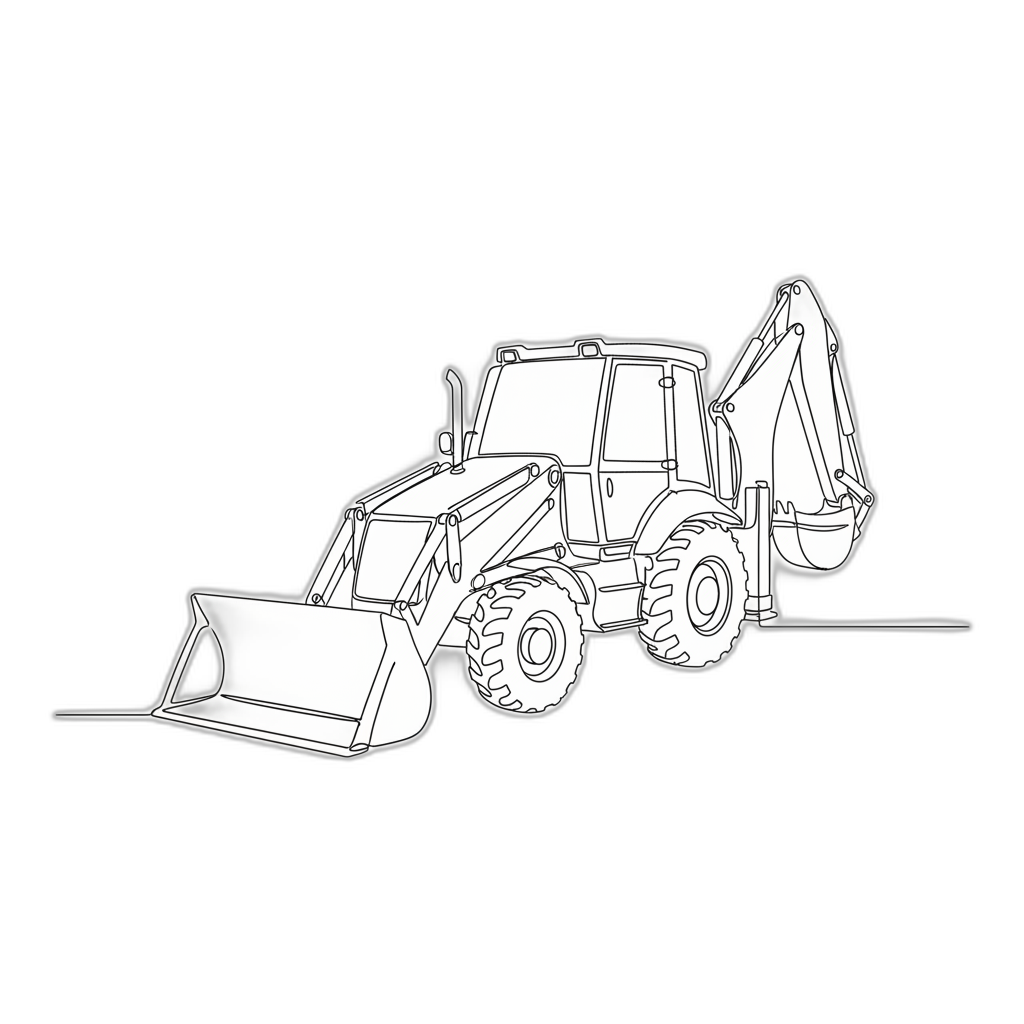
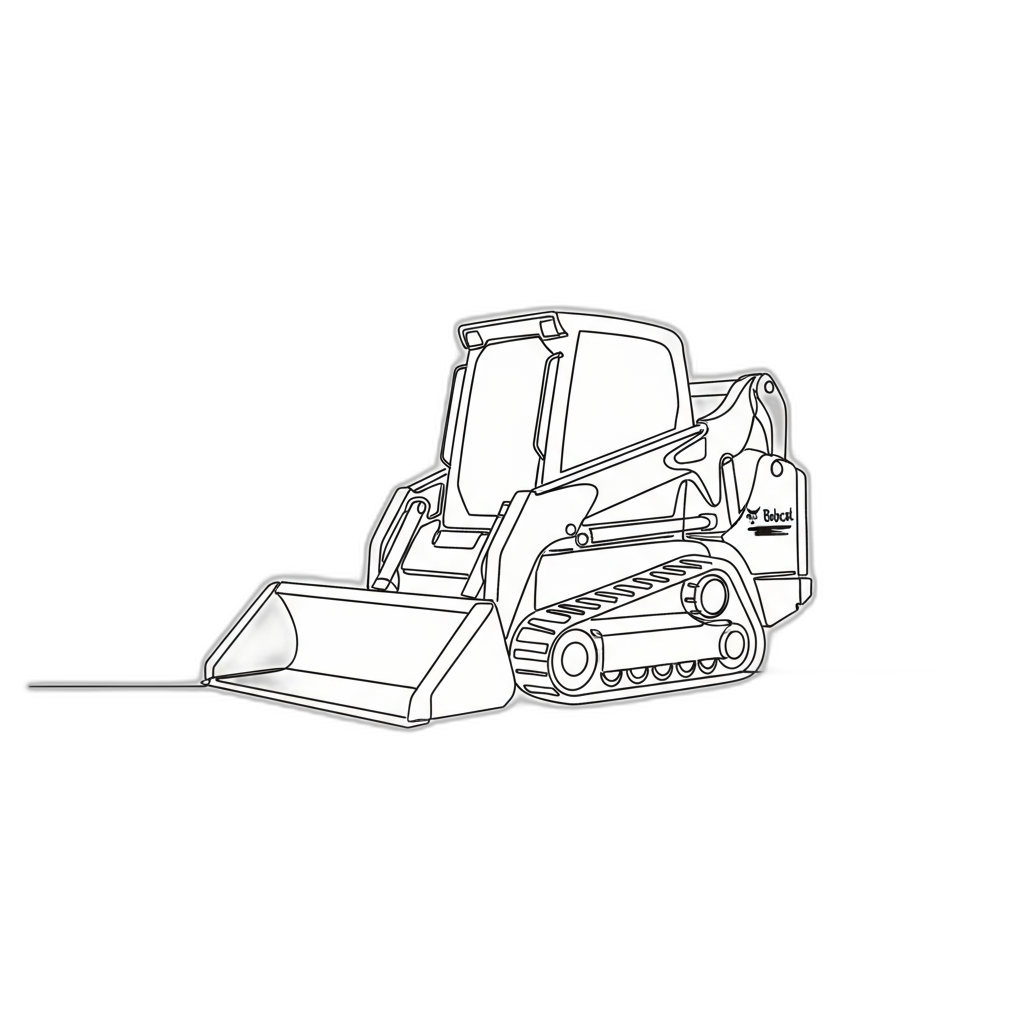
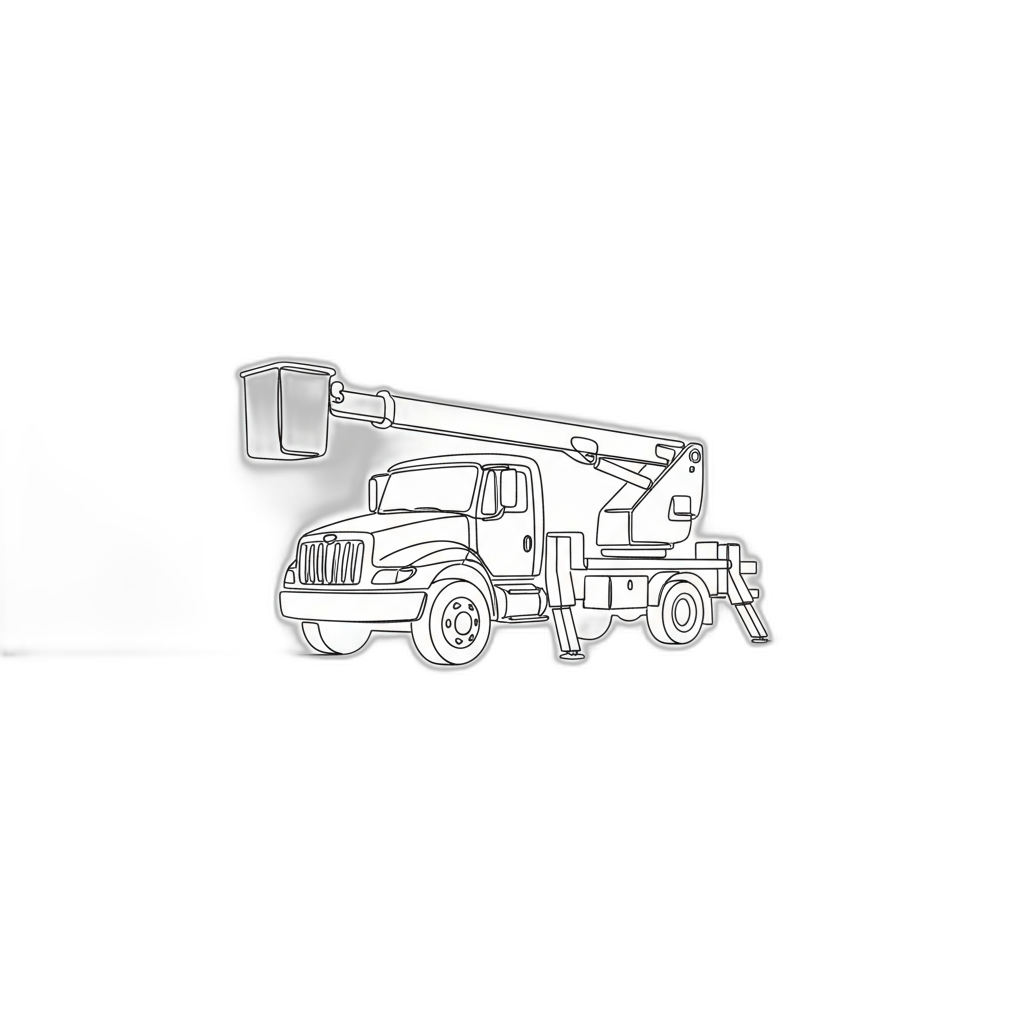
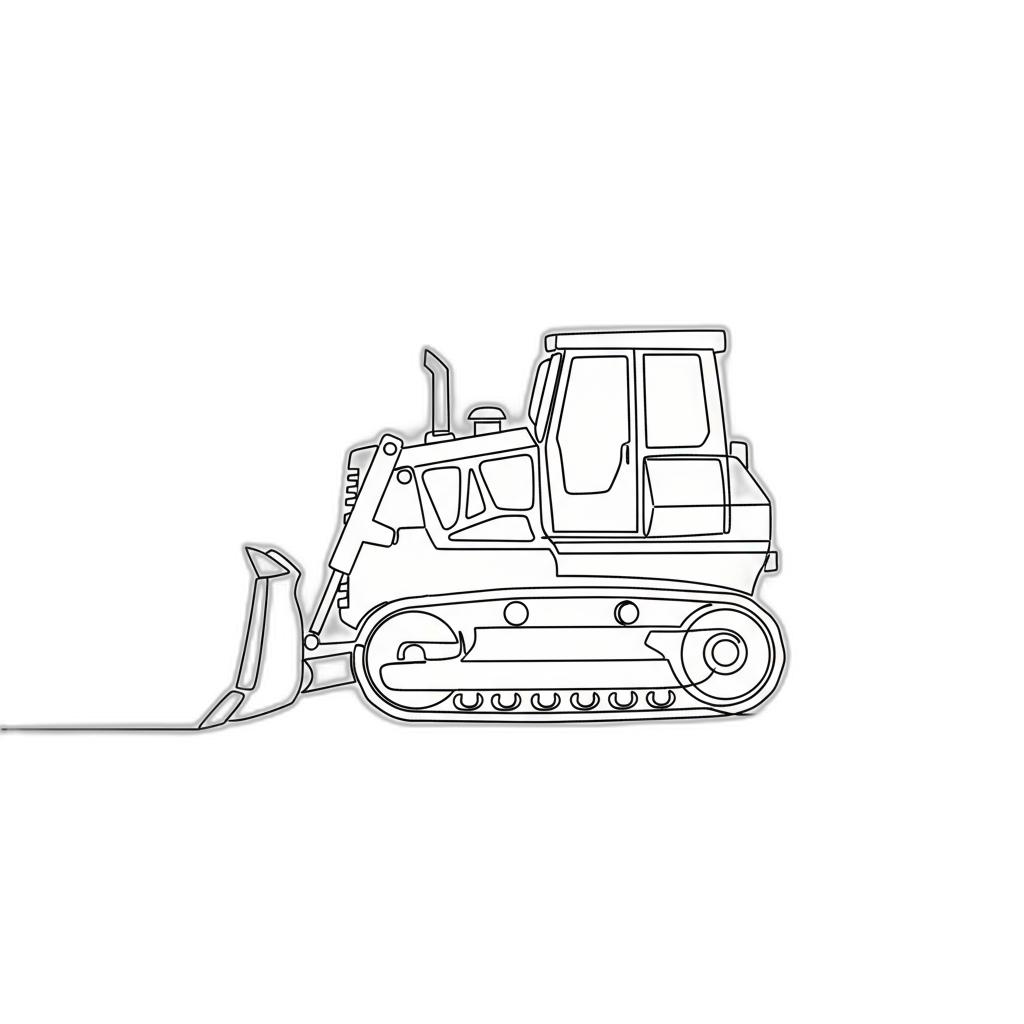
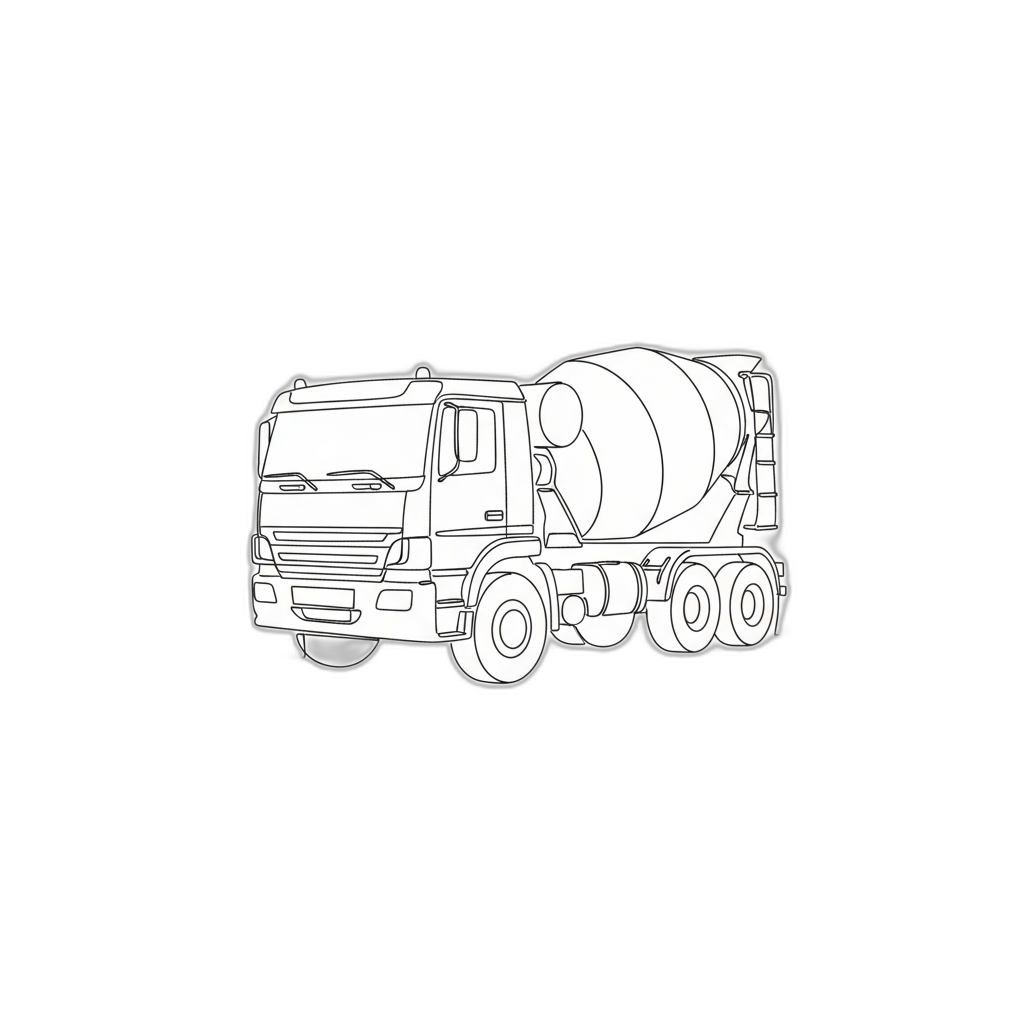


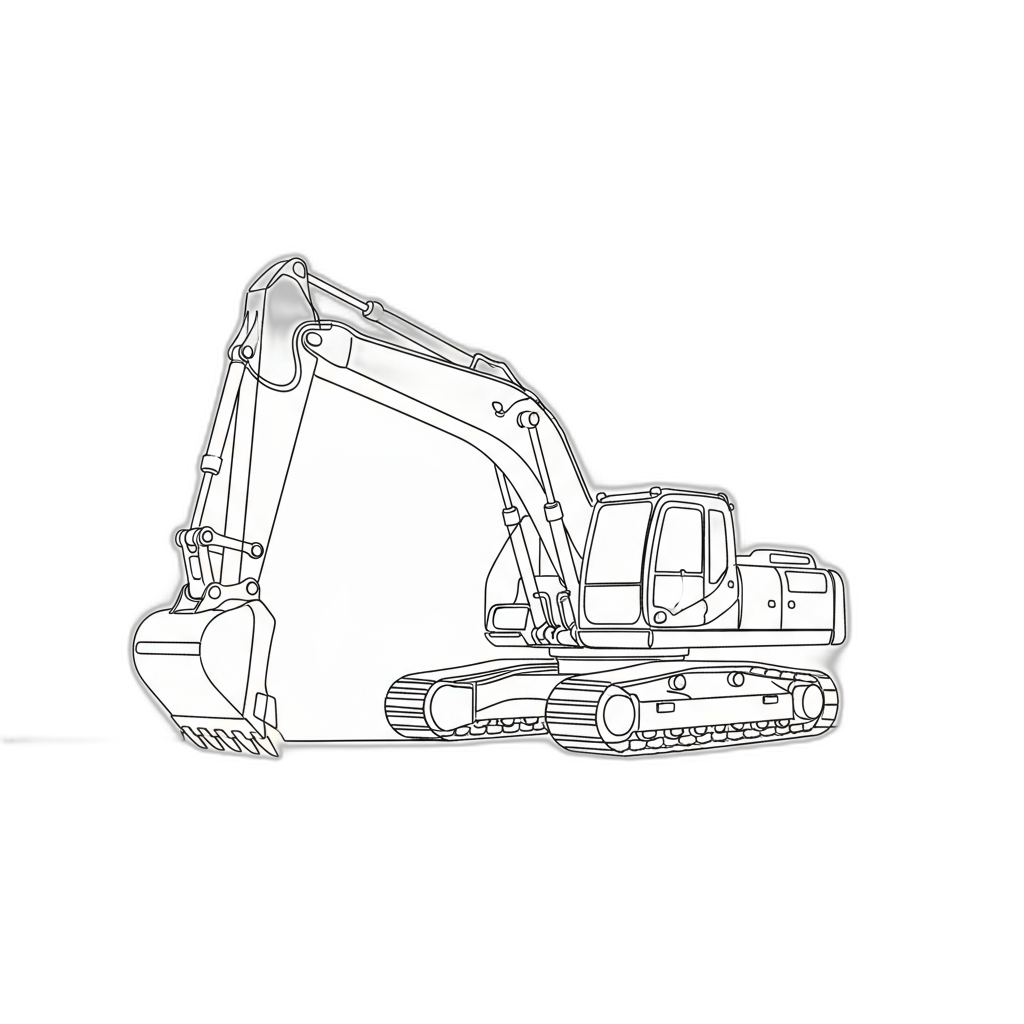
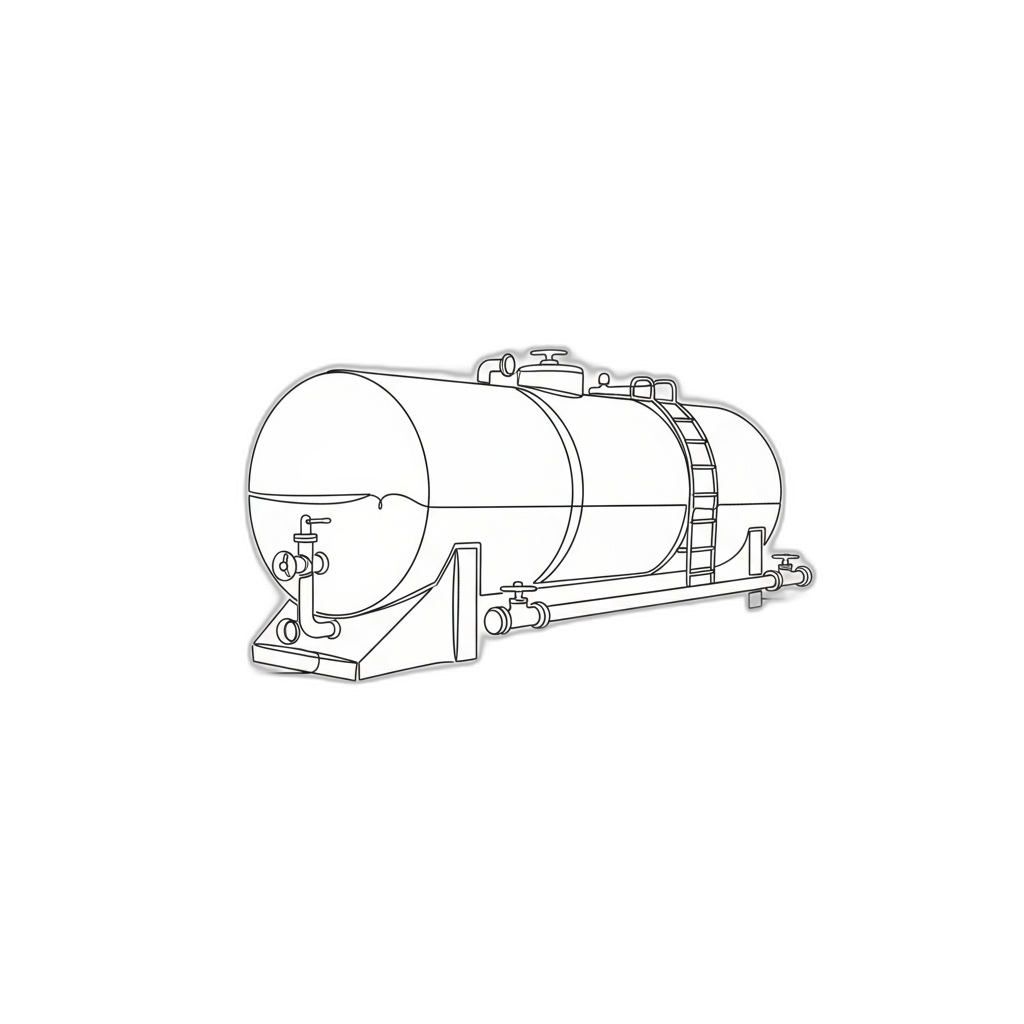
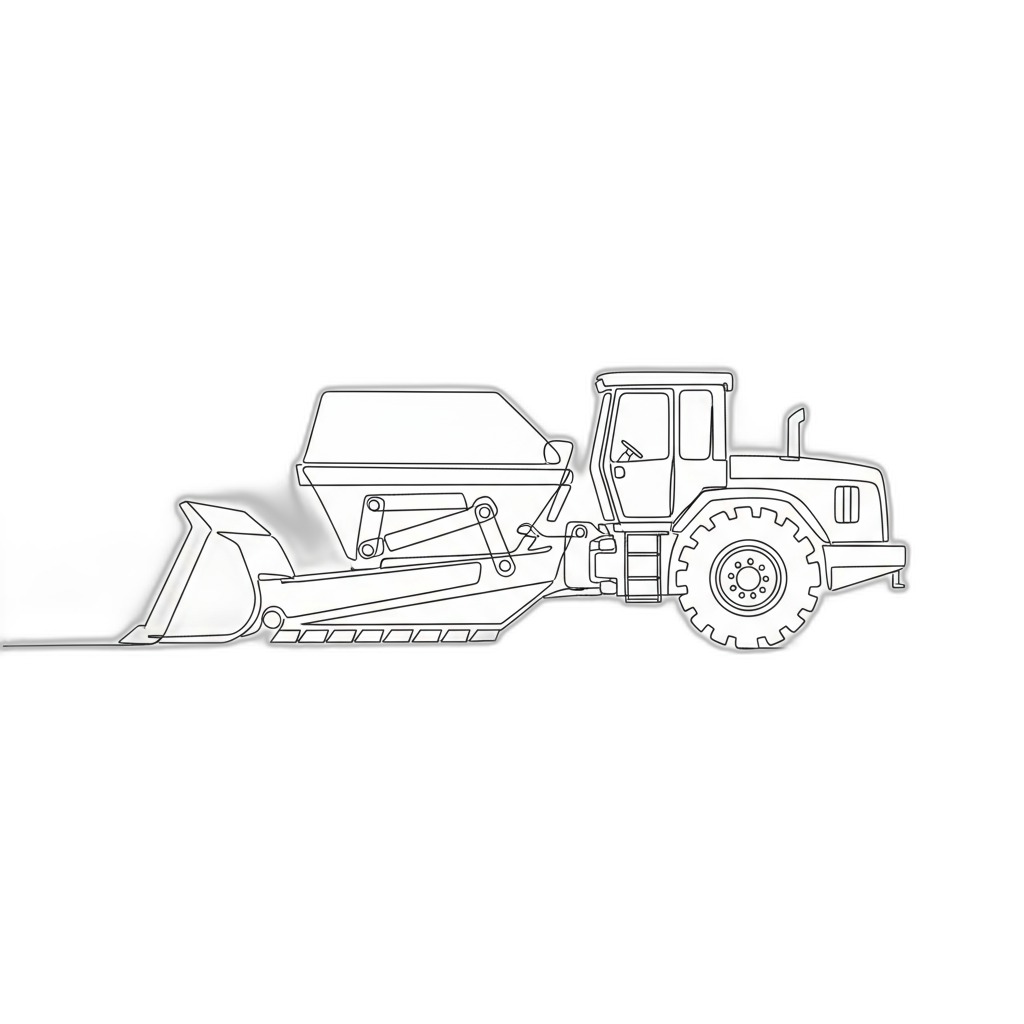
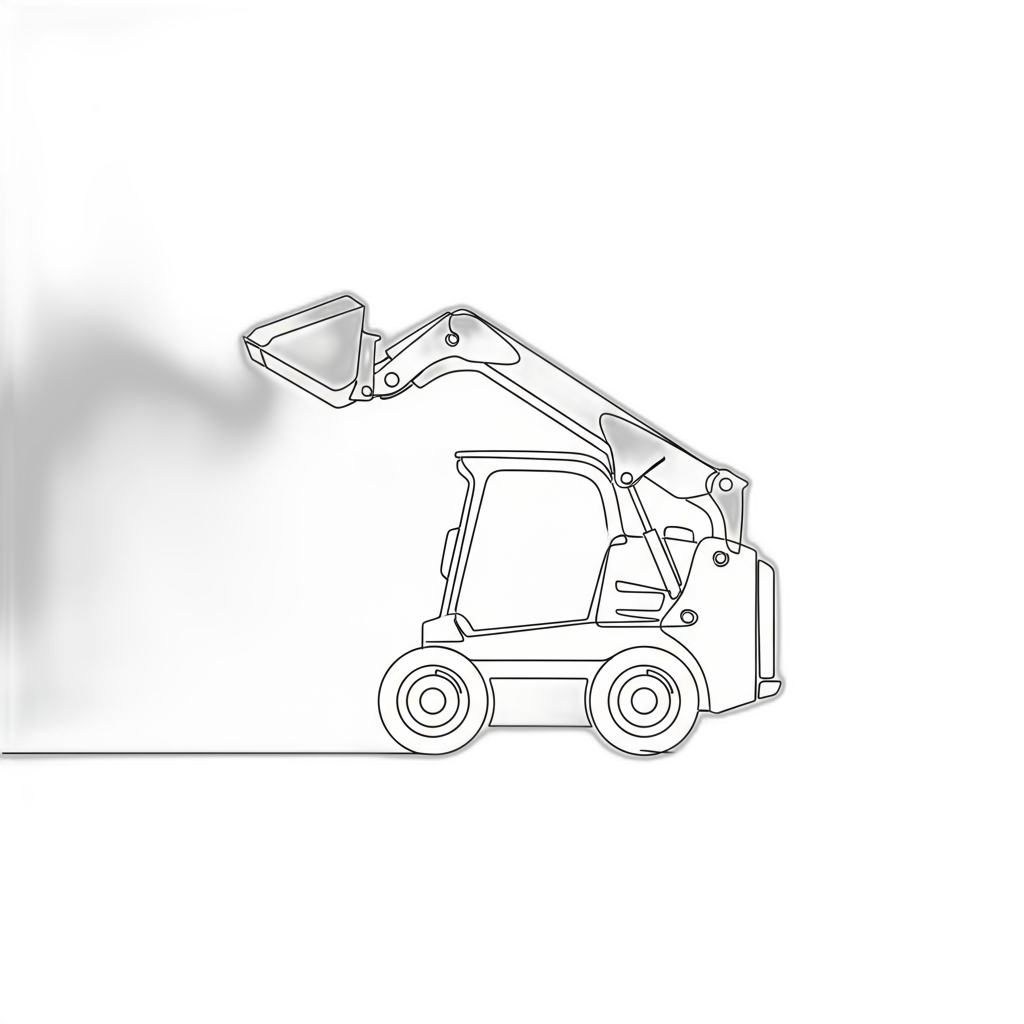

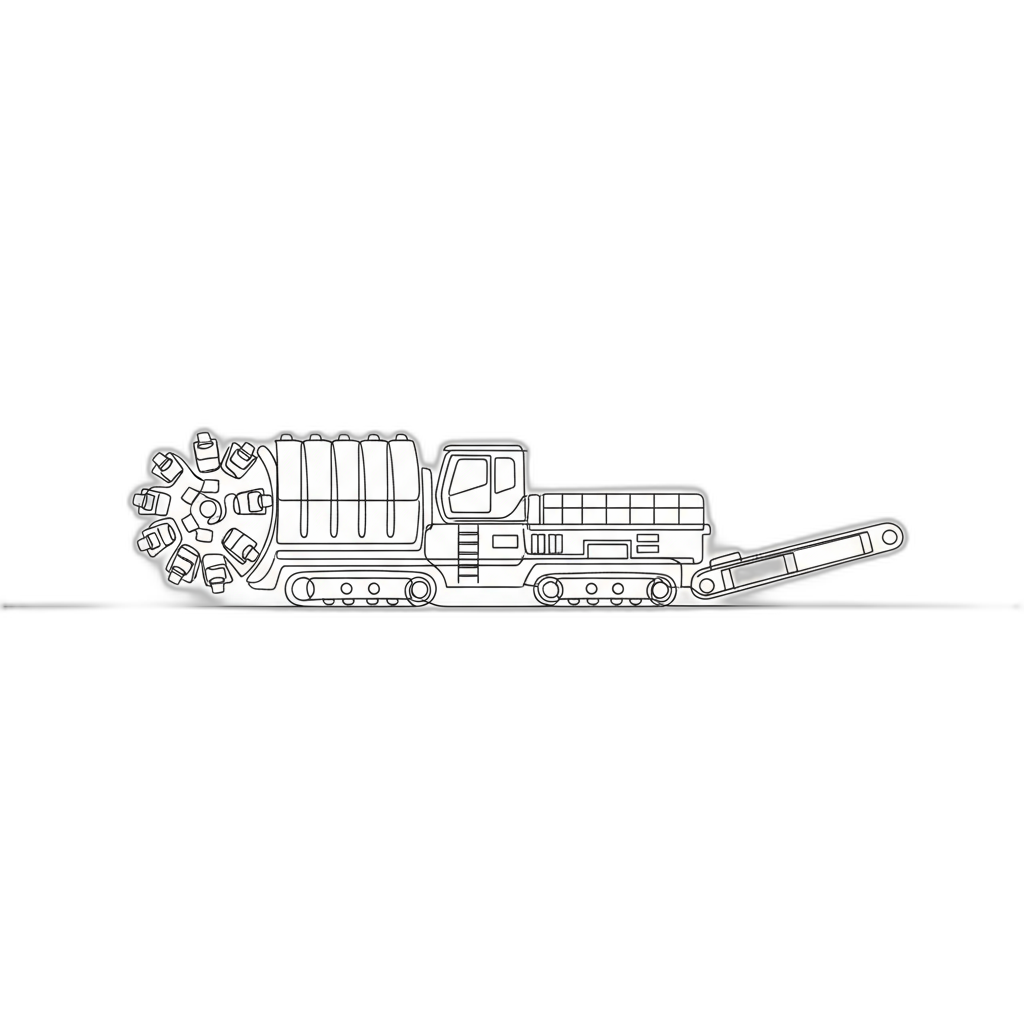
.svg)








